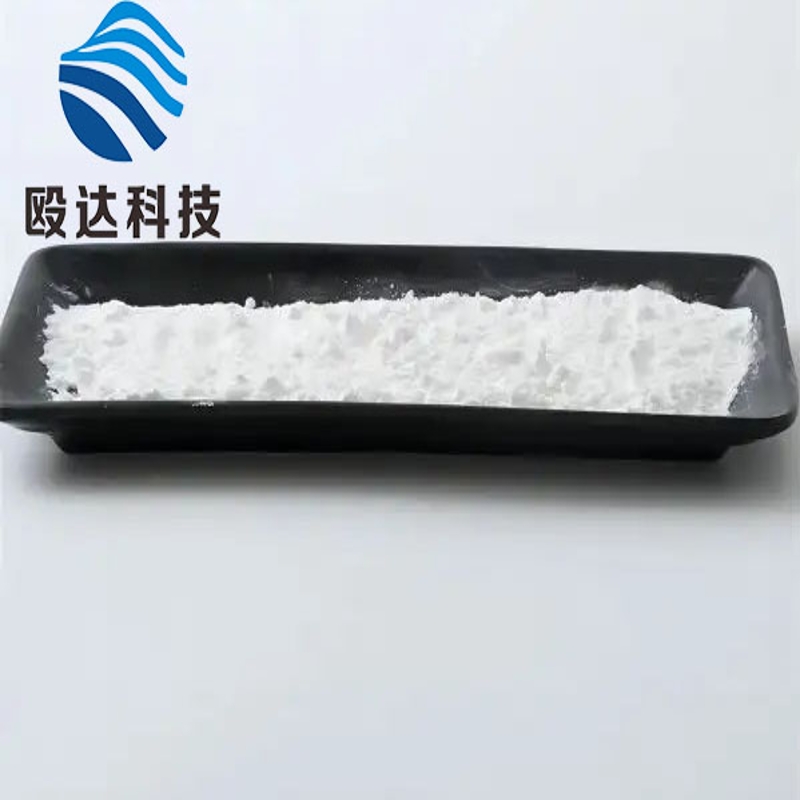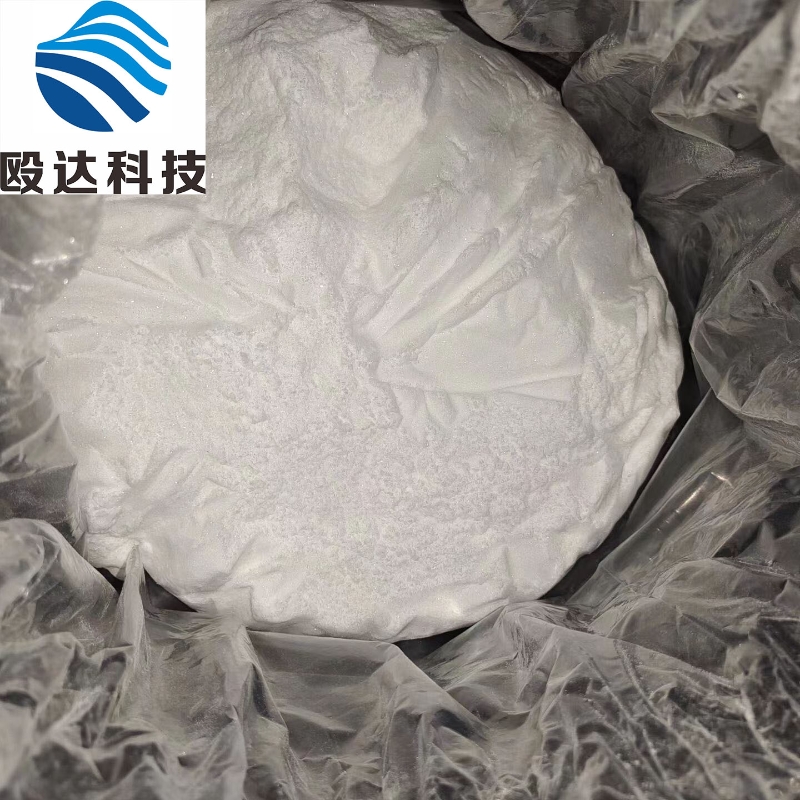-
Categories
-
Pharmaceutical Intermediates
-
Active Pharmaceutical Ingredients
-
Food Additives
- Industrial Coatings
- Agrochemicals
- Dyes and Pigments
- Surfactant
- Flavors and Fragrances
- Chemical Reagents
- Catalyst and Auxiliary
- Natural Products
- Inorganic Chemistry
-
Organic Chemistry
-
Biochemical Engineering
- Analytical Chemistry
- Cosmetic Ingredient
-
Pharmaceutical Intermediates
Promotion
ECHEMI Mall
Wholesale
Weekly Price
Exhibition
News
-
Trade Service
August 7, 2020 // -- In a study published in the international journal Immunity, scientists from the Albert Einstein College of Medicine and other institutions studied mice to show how chronic psychological stress can lead to painful vascular blockage attacks, which are sickle cell disease (SCD, Common complications of sickle-cell disease are also a major cause of hospital admissions, and researchers say the gut microbiome may play a key role in inducing vascular blockage attacks, and the findings could help researchers develop new treatments that effectively prevent the disease.
Sources: CC0 Public DomainSCD accounts for about 1/365 of the African-American population, and patients usually carry a genetic mutation that causes abnormal hemoglobin production and promotes red blood cells to become sickle-shaped and become less flexible, and how sickle-shaped red blood cells block small blood vessels, block blood flow, and Oxygen reaches tissues, which can lead to painful and debilitating vascular cestine seizures (VOEs) that last for several days; there is currently no cure to reverse VOE, and over time it can cause serious damage to the internal organs, which is the main reason why life expectancy in severe SCD patients is 20-30 years shorter than in non-SCD patients.
researcher Professor Paul S. Frenette said that for a long time there was not enough funding for research into sickle cell disease and patients were in urgent need of treatment, so researchers needed to develop new therapies to help solve the disease's problems, and they hoped that recent results could help them find new ways to treat sickle cell disease; The path, stress will induce the secretion of glucoderosteroids in the brain, which will enter the intestine and increase the permeability of the intestine, and higher permeability will promote the interaction of th17-assisted immune cells in the inner walls of the intestines of the sub-saccharide bacteria (SFB, segmented filamentous bacteria, a beneficial group of intestinal bacteria in the mouse body).
SFB stimulates these immune cells to produce inflammatory molecules that enter the body's circulatory system and further promote the aging and accumulation of neutral white blood cells, which, in earlier studies, found may be inflammatory induced cells that drive VOE; A series of events were observed in SCD mice and healthy mice suffering from psychological stress, but fatal VOE was observed only in mice with sickle cell disease, and there were no sickle cells present in healthy mice, and they did not suffer from disease effects caused by the accumulation of aging neutral granulocytes.
Researcher Frenette said it was important that we were able to significantly reduce stress-induced VOE levels in mice through a number of different interventions, including the synthesis of glucokins, the removal of inflammatory molecules induced by SFBs or blocking these bacteria, each of which could potentially limit the psychological stress response of the body in SCD patients.
Because the researchers found SFB only in rodent organisms, and some evidence suggests that similar bacteria in the human gut also induce inflammatory molecules in Th17 immune cells, the researchers hope to delve into whether the abundance of these bacteria in sickle cells and the patient's body is associated with the frequency and severity of VOEs that affect the progression of the disease, and they will continue to further study this later.
() Original sources: Chunliang Xu, Sung Kyun Lee, Dachuan Zhang, et al. The Gut Microbiome Regulates Psychological-Stress-Induced Inger, Immunity (2020). DOI: 10.1016/j.immuni.2020.06.025.







